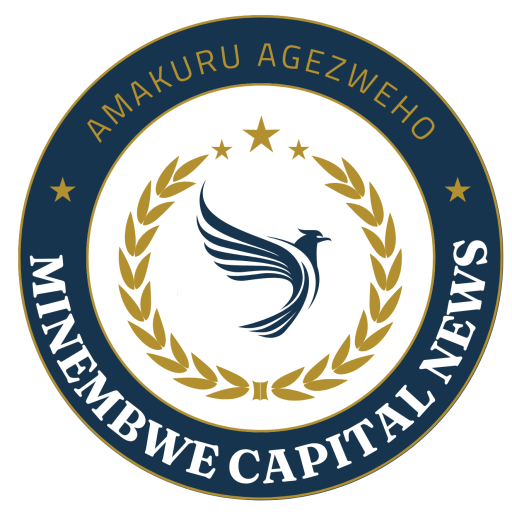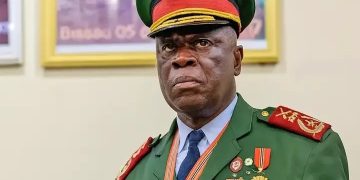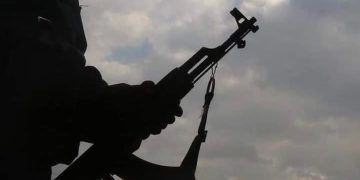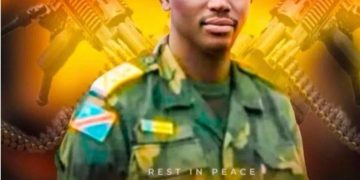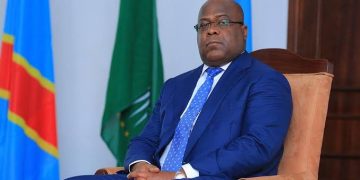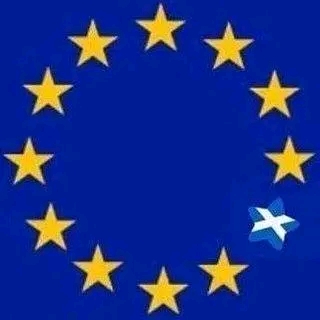
By Chris Muhizi
Bernard Quintin reaffirmed that all regional initiatives aimed at bringing peace to the DRC continue to receive backing from the international community:
“The international community is actively interested and continues to pay close attention to the situation. Therefore, the states in the region’s obligations come first. We are there to help long-term peace solutions.
In order to find lasting solutions to the problem in the DRC’s east, the deputy director general of the European Union’s (EU) External Action Service believed that the various peace mechanisms should be permitted to carry out their functions.
“It is time for lasting peace to return to the east of the country, eleven years after the signing of the Addis Ababa Framework Agreement,” stated Bernard Quintin, deputy director general of the European Service for External Action of the European Union (EU), on July 3.
Following a meeting on Monday in Kinshasa between the EU delegation and the team from the National Monitoring Mechanism of the Addis Ababa Framework Agreement, chaired by Alphonse Ntumba Luaba and Julienne Lusenge, this European diplomat made the aforementioned statement.
“I am aware that waiting is not comfortable. However, Rome was not built in a day, as the saying goes. As the facilitators of the mechanism do, we must continue to be resolute in our efforts to find answers for the DRC’s east, which in fact affects not just the DRC but also its neighbors, he adds.
Since President Lorenzo is the current President of the Community of Great Lakes States and has been given a mandate by the African Union, we must combine all the elements and continue to work in a technical manner as well as, obviously, in a political manner, as we can see today with the Luanda process, which originates from the Community of Great Lakes States.
The European Union which has kept it’s right countenance to DRC,as the humanitarian situation is getting worse, particularly in the east of the nation. As a result, the EU is contributing an additional €32.7 million to aid in the country’s humanitarian crisis response.
The additional financing raises the DRC’s total budget for 2023 to approximately €80 million and adds to the $45.7 million that was previously announced earlier in the year. Through humanitarian organizations, this money will be used to meet urgent requirements for food, healthcare, water and sanitation, shelter, and security.
In order to provide vital medical and nutritional supplies as well as other emergency supplies to Goma in eastern DRC, the EU has also set up Humanitarian Air Bridge flights. This Humanitarian Air Bridge will be operational in March and April 2023.
In order to provide vital medical and nutritional supplies as well as other emergency supplies to Goma in eastern DRC, the EU has also established Humanitarian Air Bridge missions. This Humanitarian Air Bridge transported 260 tons of goods over the course of seven trips in March and April 2023 In cooperation with France and other humanitarian alliance partners.
